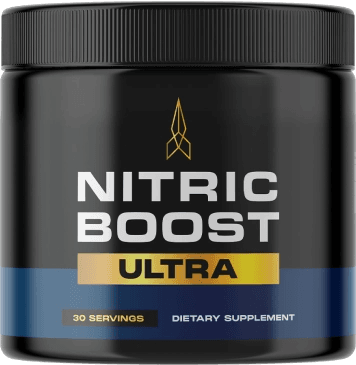Create a Moderate Calorie Deficit
Fact: You need to eat fewer calories than you burn to lose fat — but not too few.
- 500-calorie/day deficit = ~0.5 kg (1 lb) fat loss per week
- Use a calculator to estimate your maintenance calories
- Then reduce slightly (not drastically)
👉 Too large a deficit = muscle loss, slower metabolism, rebound weight gain
2. 🍗 Prioritize Protein to Preserve Muscle
High-protein diets help maintain muscle while losing fat and keep you feeling full longer.
Aim for:
- 1.6–2.2g protein/kg body weight daily
- Include protein in every meal/snack:
- Eggs, chicken, tofu, fish, Greek yogurt, lentils, protein powder
✅ Protein boosts thermogenesis and satiety — you burn more calories digesting it.
3. 🥦 Focus on Whole, Nutrient-Dense Foods
Minimize ultra-processed foods. Maximize whole foods that:
- Keep you full
- Regulate blood sugar
- Provide essential vitamins and fiber
🛒 Base your diet on:
- Lean proteins
- Vegetables and fruits
- Whole grains
- Healthy fats (avocado, nuts, olive oil)
Fiber also feeds your gut bacteria — linked to weight regulation and lower inflammation.
4. ⚖️ Don’t Rely on the Scale Alone
The scale only tells part of the story. Watch for:
- Progress photos
- How your clothes fit
- Strength increases
- Energy and mood
- Reduced bloating
Fat loss ≠ just weight loss. It’s about body composition.
5. 🥤 Stay Hydrated — It Affects Hunger & Metabolism
Even mild dehydration can mimic hunger. Plus, water supports:
- Fat oxidation
- Digestion
- Workout performance
✅ Drink 2–3 liters/day — more if active or in hot climates
Try:
- A glass before meals
- Herbal teas or sparkling water as soda swaps
6. 🧘♂️ Manage Stress & Sleep — They’re Metabolism Regulators
Stress increases cortisol, which can lead to fat retention (especially belly fat).
Poor sleep disrupts:
- Hunger hormones (ghrelin/leptin)
- Insulin sensitivity
- Fat-burning processes
🎯 Aim for:
- 7–9 hours of quality sleep
- Daily stress relief (walks, journaling, breathwork)
7. 🏋️ Lift Weights (Not Just Cardio)
Muscle = metabolic gold.
Building and maintaining lean muscle:
- Increases resting calorie burn
- Improves body shape
- Reduces fat regain after dieting
💪 Combine strength training (2–4x/week) with walking or light cardio.
8. 🧩 Build Habits — Not Willpower
Willpower fades. Habits stick.
Start with:
- Meal routines (same healthy breakfast = fewer decisions)
- Grocery list systems
- Consistent meal timing to regulate appetite
- Planning ahead (prep meals/snacks so you’re never stuck)
🧠 Use habit cues like:
- “After I wake up, I drink water and walk 5 minutes”
- “Before lunch, I pause to check hunger level”
9. 🥗 Use the 80/20 Rule for Sanity and Consistency
80% whole, nutrient-dense foods — 20% flexible or fun foods.
This allows you to:
- Stay social
- Avoid binge cycles
- Make your diet enjoyable
🍕 Yes, you can have pizza or dessert — just don’t build your entire diet on them.
10. 📈 Track Something — Even If It’s Not Calories
If calorie counting feels overwhelming, try:
- Food journaling
- Taking photos of meals
- Tracking protein or water intake
- Using a habit tracker for workouts/sleep/steps
🧠 Awareness = power. Even light tracking improves outcomes.
💬 Final Thought
Smart dieting isn’t about restriction — it’s about strategy.
When you combine:
✅ Science-backed eating
✅ Consistent movement
✅ Stress and sleep management
✅ Sustainable habits
…you create results that last — not just for 30 days, but for life.




